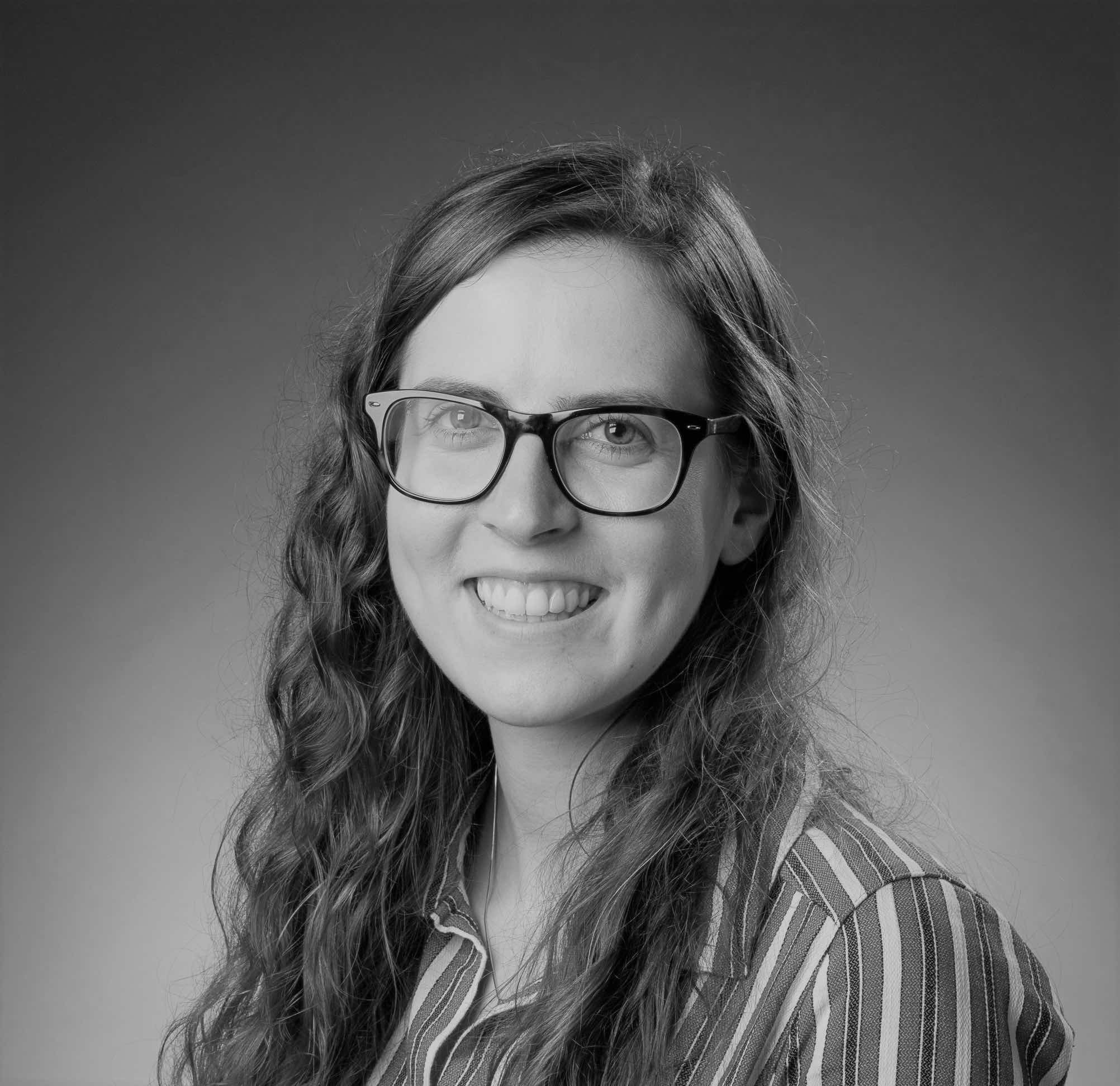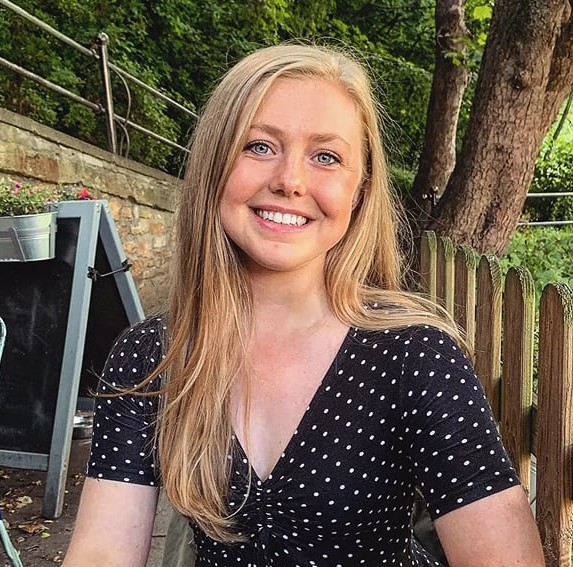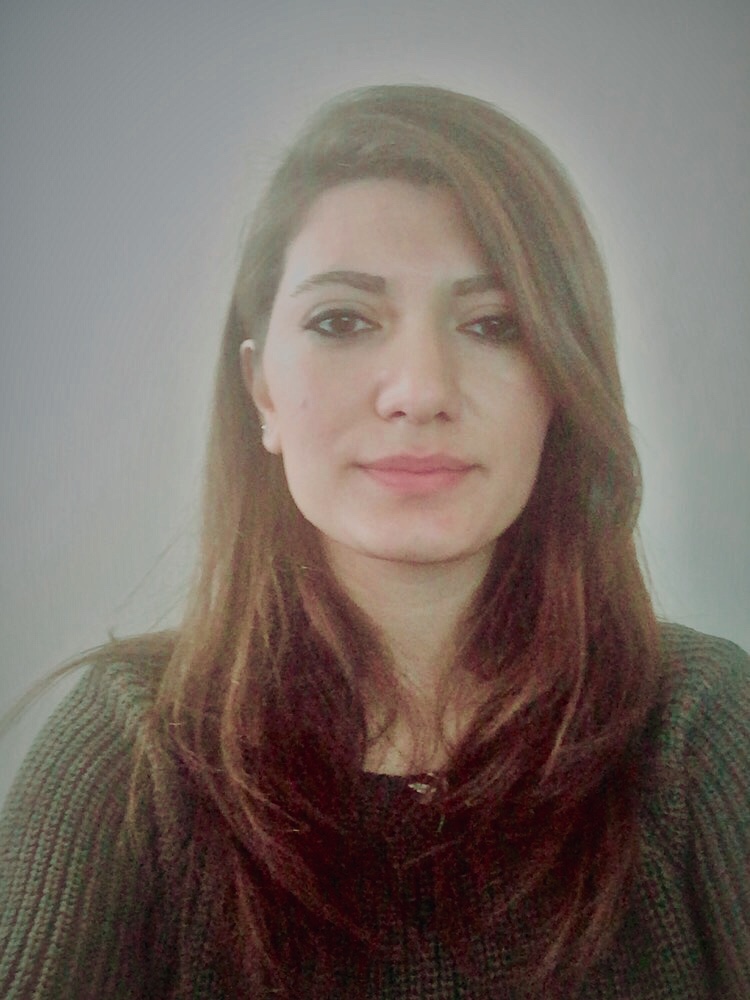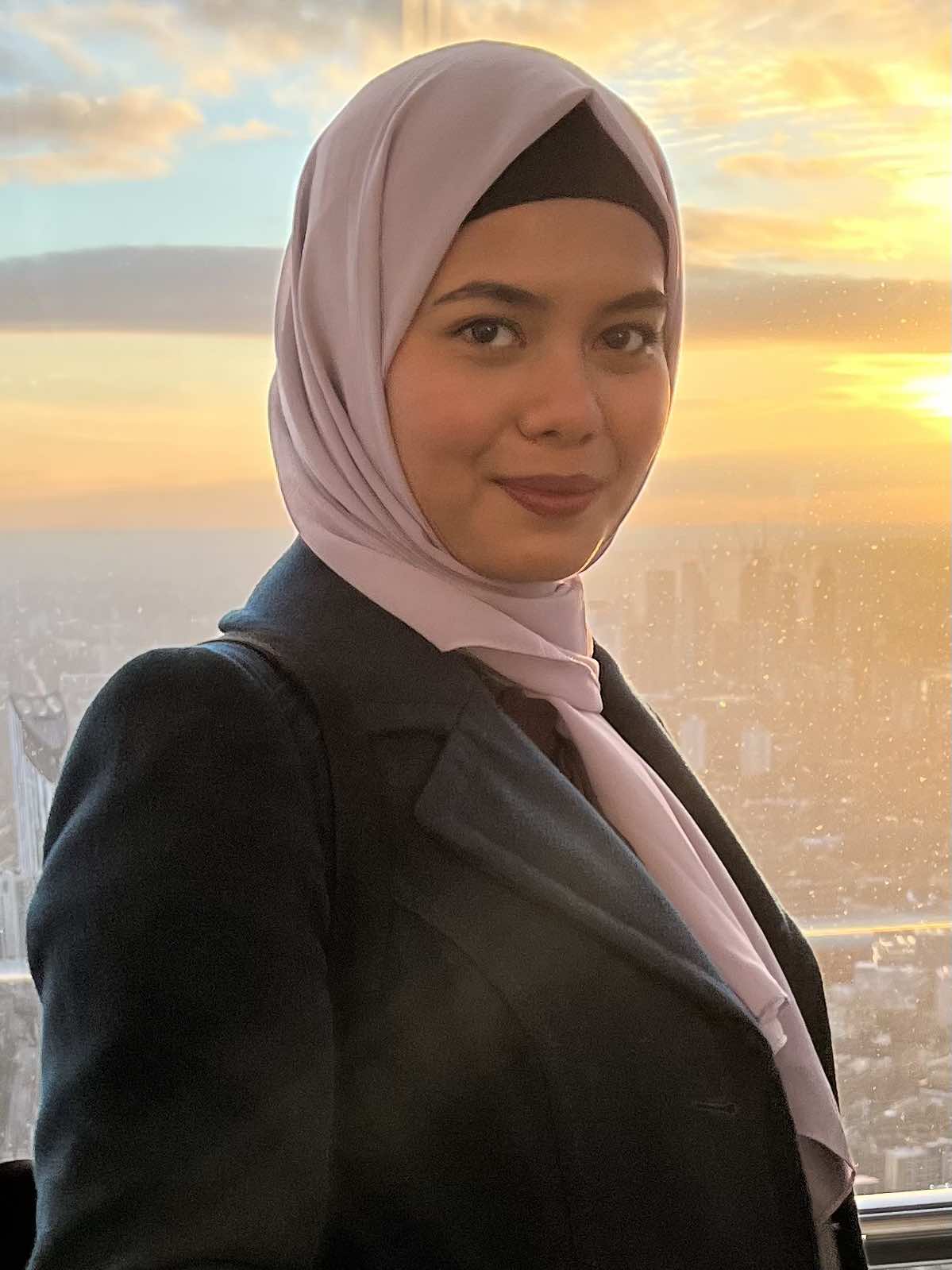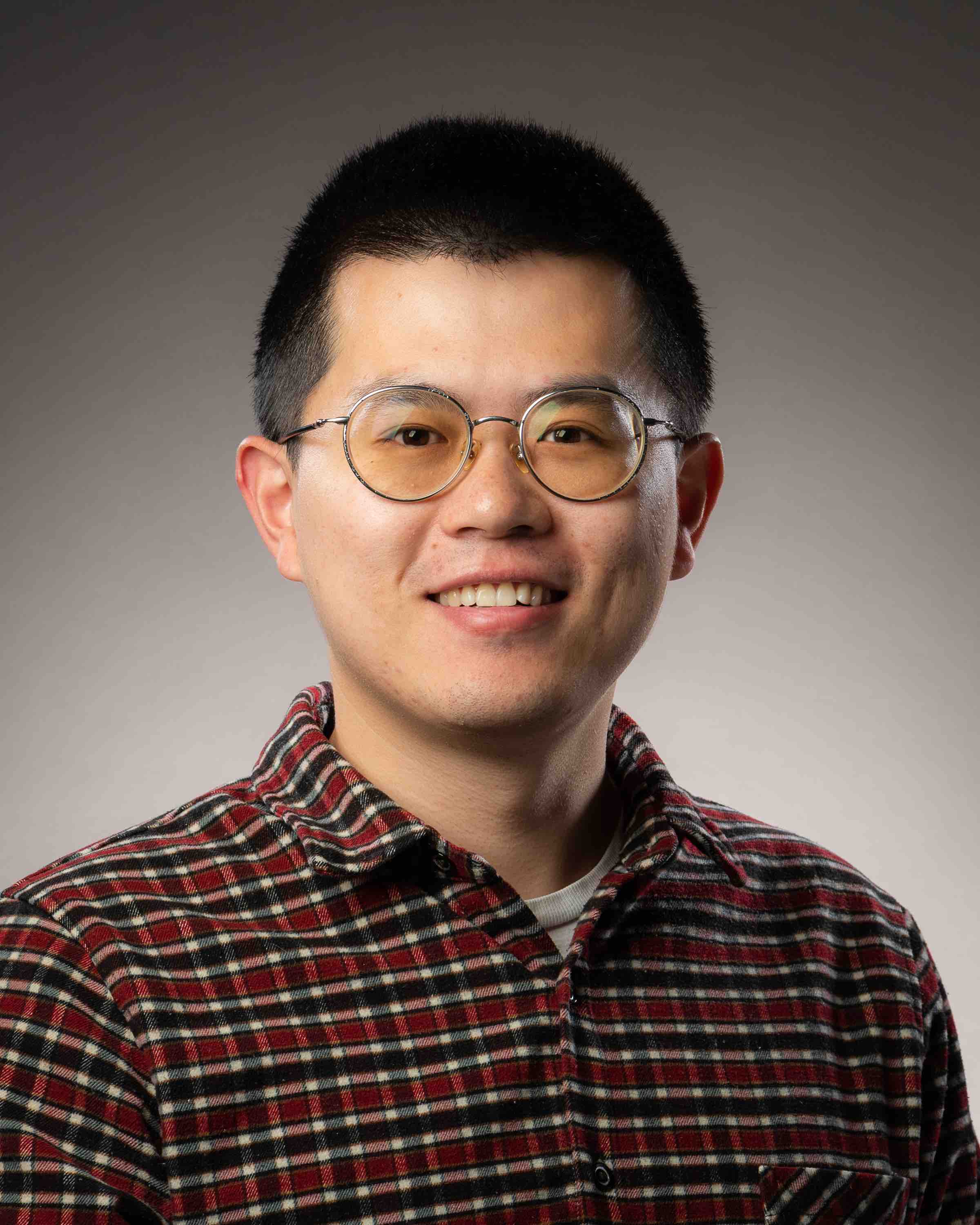Current Members
Dr Hannah Leese (Group Lead)
Reader (Associate Professor) in Chemical Engineering
Hannah joined the Department of Chemical Engineering at Bath as Prize Fellow in 2018 and is now a Reader (Associate Professor) in the Department. Hannah leads the EPSRC project "Manufacturing in Hospital: BioMed 4.0" and is CoI and WP2 lead in the EPSRC CARMA Hub and BBSRC Pasture2Plate project. Before rejoining Bath she held post-doc positions in the Department of Chemistry at Imperial College London and in the Nanomedicine Lab at the University of Manchester. Hannah has been recognised for her research by the IChemE, and was awarded the Nicklin Medal in 2022. As well as leading the team, Hannah is the Deputy Director of the Centre for Bioengineering and Biomedical Technologies (CBio), and co-theme lead of sustainable engineering materials in iCAST . Hannah is dedicated to bridging disciplines to tackle sustainable healthcare challenges throughout her research and teaching. Hannah is also passionate and dedicated to Diversity, Equality and Inclusion, is the Department of Chemical Engineering DEI champion and recently led the successful award of the Department's Athena Swan Silver (2023).
Olivia Dickinson
CSCT-Monash PhD Researcher (Oct 2021-)
Olivia graduated with a first class honours in Materials Science and Engineering MEng from the University of Manchester. Olivia is now a member of the Materials for Health Lab research group and on the Global Chemical Engineering Bath-Monash programme with the CSCT at the University of Bath. Interests include reducing the environmental impacts of everyday textiles and optimising textiles and fibres used in medical care. Olivia is undertaking her research in the area of peptide polymer fibre development, focusing on peptide design for circular textiles.
Meltem Agar
C3Bio PhD Researcher (Oct 2020-)
Meltem obtained her BSc and MSc degrees in Physics from Marmara University and Yildiz Technical University in 2012 and 2015, respectively. Her MSc project focused on developing biosensors for detection of heavy metal ions and bacteria in liquids. She is a current PhD student in the Electronic and Electrical Engineering Department working on the ‘’Development of Molecularly Imprinted Polymer Based Sensor Arrays for Detection of Pathogenic Bacteria’’ supervised by Dr Pedro Estrela and co-supervised by Dr Hannah Leese and Dr Maisem Laabei. With this study, it is aimed to detect bacteria harmful to human health such as E. coli, K. pneumoniae in water using molecularly imprinted polymer based sensors.
Sadeka Nujhat
PhD Researcher in Chemical Engineering (Jan 2022-)
Sadeka is currently a PhD researcher working on developing a microfluidic device for the early ovarian cancer detection, supervised by Dr Sandhya Moise and Dr Hannah Leese. This project focuses on the analysis of exosomes as biomarkers for cancer detection. Sadeka graduated in Biomedical Science (BSc) and Genomic Medicine (MSc) from Queen Mary University of London. For her MSc thesis, Sadeka analysed genomic data to establish potential genetic mutations that contribute to the development of familial acute myeloid leukaemia in the Barts Cancer Institute (BCI). She later joined BCI as a lab technician handling cancer clinical trial samples.
Dr Nael Berri
PDRA BioMed 4.0 (Feb 2023-)
Nael is a post-doctoral research associate in the department of Chemical Engineering at the University of Bath. He will be investigating the use of eHD-3D novel technology to manufacture tissue scaffold products. Before joining Bath, he held a post-doc position at the Institute of Molecular Chemistry and Materials of Orsay at the Paris-Saclay University (project funded by the IAEA). He completed his MSc in biomaterial and tissue engineering and PhD in mechanical engineering at University College London (UCL). Nael is interested in the development of novel processing technologies for handling a wide range of materials that can be used for the development of tissue engineering scaffolds and/or biocoatings.
Dr Xiang Ding
iCAST - PDRA (Apr 2023-)
Xiang is currently a member of the Materials for Health Lab and a core postdoctoral researcher in iCAST. He is working on developing sustainable polymers and exploring their biomedical application using the electrospinning technique and 3D printing. Xiang graduated in Materials Engineering (PhD) from Deakin University and Textile Engineering (MSc and BSc) from Tianjin Polytechnic University. His PhD project focuses on conducting polymer-based nanogenerators that convert mechanical energy into electrical energy. Xiang’s research interests include electrospinning, 3D printing, and sustainable energy technologies.
Paramabhorn Tosuwanu
PhD Researcher in Chemical Engineering (Oct 2022-)
Paramabhorn is currently a PhD researcher working on the development of seaweed-derived functionalized carbohydrate biopolymers, under the supervision of Prof Chris Chuck and Dr Hannah Leese. This project aims to significantly improve the properties of seaweed carbohydrate polymers by enhancing their water barrier properties and mechanical characteristics through chemical functionalization. Paramabhorn obtained her BSc with first-class honors in Chemistry from Kasetsart University and an MSc in Petrochemical Technology from Chulalongkorn University.
Dr Madhurima Dutta
PDRA Pasture to Plate (May 2024-)
Madhurima is a postdoctoral research associate in the Department of Chemical Engineering at the University of Bath. She is currently working with Dr. Hannah Leese on the "Pasture to Plate" project, which focuses on the development of novel foods through protein separation using polymeric membranes. Before joining Bath, Madhurima completed her M.Tech and Ph.D in Chemical Engineering at the Indian Institute of Technology Kharagpur,India, where she specialized in the development of innovative membranes for treating industrial wastewater streams. She graduated with a B.Tech in Chemical Engineering from the Heritage Institute of Technology, earning the university gold medal for her outstanding academic performance. Madhurima is interested in advancing sustainable food technology and environmental solutions using membranes, focussing on green technology solutions. Her research primarily focuses on protein separation, polymeric membranes, novel food development, and industrial wastewater treatment.
Dr. -Ing Fatima Anjum
PDRA CARMA (June 2024-)
Fatima is a Research Associate at University of Bath with a focus on downstream process development for Cellular Agriculture particularly Precision Fermentation based product. Fatima has a background of Chemical Engineering with Masters in Membrane Engineering (completed in 2020). She pursued Marie Curie Industrial Doctorate Program (LongActNow) at TU Dortmund, Germany and Janssen Pharmaceutics, Belgium from 2020 to 2024. Her doctoral research was focused on development of downstream purification process of pharmaceutical crystal suspensions using membrane technology. LinkedIn profile: (1) Fatima Anjum | LinkedIn . Watch her talking about her doctoral research here: From a pill every few hours to an injection every few months | Wetenschap uitgedokterd (sciencefiguredout.be)
Former Members
- Dr Bo Zhu - PhD Researcher (2019-2024)
- Sarah Wilson - MEng Researcher (Feb-May 2024)
- Gemma Wilson - MEng Researcher (Feb-May 2024)
- Saty Mishra - MEng Researcher (Feb-May 2024)
- Krystian Lewandowski - MEng Researcher (Feb-May 2024)
- Evan Johns - MEng Researcher (Feb-May 2024)
- Chloe Cox - Visiting UG student, US, on the Research Experience for Undergraduates funded by the National Science Foundation (Jun-Aug 2023)
- Andrew Jennings - MEng Researcher (Feb-Aug 2023) - Now PhD student in Mech Eng, Bath
- Dr Tony Keirouz - PDRA on EPSRC MIMIC-nano project (2021-2023) - Now at Oxartis
- Dr Yasemin Mustafa - C3Bio PhD Researcher (2019-2023) - Now Post-doctoral researcher at the University of Basel
- Dr Joseph Turner - Abbott-EPSRC PhD Researcher (2019-2023) - Now Scientist IV at Abbott Diabetes Care, R&D
- Dr Emma Daniels - CSCT PhD Researcher (2019-2023) - Now Senior Scientist at MIP Discovery
- Dr Harindi Jayakody - PhD Researcher (2019-2023) - Now Product Manager at Mursla Bio
- Dr Ria Atri - PhD Researcher (2016-2022) - Now Programme Officer, Awards and Prizes, Royal Society of Chemistry (2022)
- Dr Scott McCormick - Microfluidics Engineer - GenomeKey (2022)
- Dr Dan Merryweather - Now PDRA on NeuChip Project - Loughborough University (2021)
- Dr Sukanya Hongthong – Royal Thai Scholarship PhD Researcher (2017-2021) - Now Lecturer at Chaiyaphum Rajabhat University
- Eleni Nicodemou– MSc Student (Feb-Sept 2020)
- Sotia Neopyhtou – MSc Student (Feb-Sept 2020)
- Duangkamon Thasriphu – MEng (Feb-May 2020)
- Leah White – MEng (Feb-May 2020)
- Mark Duggan - MEng (Feb-May 2020)
- Nathan Eedy - MEng (Feb-May 2020)
- Chloe Davies - MEng (Feb-Apr 2019)
- Maveendra Durailingam - MEng (Feb-Apr 2019)
- Theo Roffe - MEng (Feb-Apr 2019)
